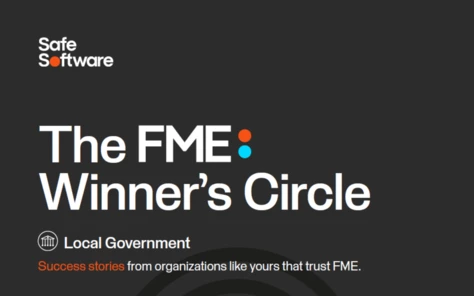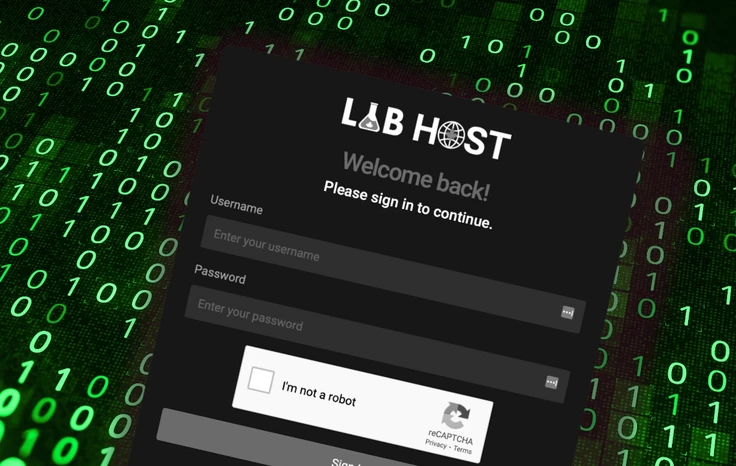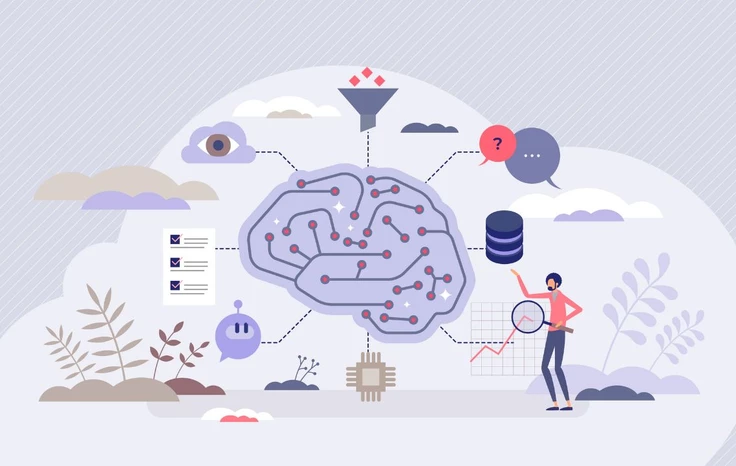Dozens Arrested Following UK Police LabHost Takedown
ISVs help build enterprise apps for the digital economy, by Head of Europe for Sonata Software, Tridip Saha

As every aspect of the day-to-day becomes automated and interconnected businesses are seeking to maximise their interactions with the digital world. Expansion plans depend on having seamless business processes and workflow integration but are today’s enterprise apps helping businesses fulfil their digital potential?
In the past enterprise apps had been built to assist the automation of transaction processing or departmental automation. While these helped automate certain processes and increased the efficiency of functions in accounting or human resources, investments didn’t always guarantee improved financial performance and few strategic benefits such as increased market share or a unique solution for the market were achieved.
Are apps fit-for-purpose?
Generic or “one-size-fits-all” applications are part of an industry-wide problem. In a survey by IT analysts, Offshore Insights, the process automation and workflows in 20 ERP installations were found to be almost identical across the deployments with none delivering a unique experience. The lack of any variance was explained by the use of standard frameworks and methodologies for automating processes and workflows. Cited as “best practice” vendors are known to redesign processes to suit an ERP application workflow. While businesses would enjoy faster deployments and broader industrialised support the unintended consequence had been the commoditisation of ERP approaches.
Enterprise applications form the backbone of many companies and many portfolios lack in-depth support for the Social, Mobility, Big Data Analytics and Cloud (SMAC) stack. While some have made improvements, development remains slow.
ERP and actual work processes aren’t always aligned or fail to meet a businesses’ needs. As a workaround some businesses have tried to assemble coherent frameworks from various disconnected processes by themselves but most end up turning to someone like an ISV to help plug the application’s functionality gaps.
Integration issues have long plagued enterprise apps and process flows spanning across multiple functions, running on diverse IT applications and systems, are often poorly integrated. Fractured technology business collaboration further compounds the issue undermining the value of the technology.
Business intelligence and actionable insights are meant to provide strategic benefits, particularly in vertical markets but the lack of differentiation is debilitating across applications.
ISVs can make a difference
With the right mindset and a willingness to think differently Independent Software Vendors (ISVs} can play a pivotal role in bridging the gap between apps and the needs of businesses. ISVs have both the experience and discipline to match business requirements with features and functionality, while maintaining the necessary standards in platforms and connectivity.
Enterprises face a variety of barriers before they can bring products onto a global stage and ISVs have been successful in developing localised ERP versions for different functions and geographies i.e. localised for Africa, Europe, Asia or US.
‘Verticalisation’ is another area for specialisation. Enterprises in need of customer-specific standards and processes for bespoke solutions are looking to ISVs to develop ‘point applications’ to fill specific white spaces in vertical markets. Some ISVs have built enterprise apps for sub-verticals, micro-verticals and even specific businesses in manufacturing, public sector services, HR, retail and distribution.
Meeting SMAC or emerging technologies have created a new set of challenges. ISVs need to see the new enterprise behaviour of building ecosystems and reimaging ISV solutions to fit into those ecosystems. Custom built but highly robust or pre-built solutions for SaaS and cloud-based delivery are compelling factors that can drive business. ISVs need to continue the development of OEM connectors to help integrate software into an enterprise’s systems.
The creation of an ecosystem helps fill the gaps in a business’ offerings. As it is not always possible for a single product company to cater for all needs of single enterprise or everyone’s requirements a vibrant partner eco-system can extend a product’s reach, whether that is for specific verticals, technologies or skills. Business application vendors have been actively building ecosystems for years through partnerships with software product development companies (OPDs). Some have expanded R&D teams through these relationships.
The rise of platforms and digital ecosystems must also be factored into the equation. Enterprises are increasingly integrating their core business functionalities with third parties and platforms; building a digital environment to grow revenue and seize newer business opportunities. That manner of execution could be shifting towards a new paradigm of platform-based business and technology innovation which are intelligent, open, connected and scalable. As an ISV, have you considered these possibilities?
Enterprise apps shouldn’t be holding back any business and ISVs can play a crucial role in re-building these apps for the digital economy.
























